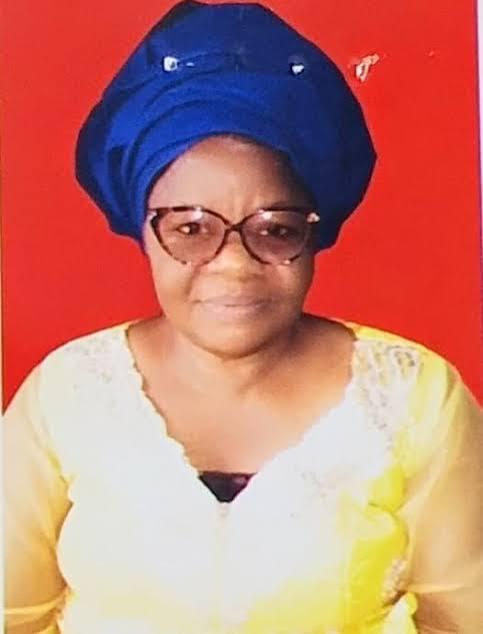Ex-Bank MD jailed 5 years for steahhzgyvujhbkgcling ₦32 million and sending part of it to a man.
Grace Andreas Karka, former Managing Director of Bonghe Microfinance Bank, has been sentenced to five years in prison for misappropriating N32 million from her own bank and transferring part to a man identified as Prince Moses Batalu.
Justice Benjamin Lawan Manji of the Adamawa State High Court, Yola, found Karka guilty of criminal conspiracy and ch+ating after the EFCC proved she diverted the funds between August 2020 and March 2021.
The EFCC stated that Karka moved large sums from the bank’s First Bank account (No. 201****57) to accounts linked to Batalu, who was not a bank customer. The fraud was uncovered during an internal audit, which revealed suspicious transfers and missing funds. Failed recovery attempts led the bank to report the matter to the EFCC.
During the trial, EFCC counsel presented witnesses and documents connecting Karka to the theft, while her defense called three witnesses in her favor.
Justice Manji ruled that the prosecution had proven its case beyond reasonable doubt, sentencing Karka to five years imprisonment, with an option of ₦3 million fine per count, to run concurrently. She was also ordered to refund N29.8 million to the bank.
The case, filed under the Adamawa State Penal Code Law of 2018, exposed how the former bank chief abused her office for personal gain.
Grace Andreas Karka, former Managing Director of Bonghe Microfinance Bank, has been sentenced to five years in prison for misappropriating N32 million from her own bank and transferring part to a man identified as Prince Moses Batalu.
Justice Benjamin Lawan Manji of the Adamawa State High Court, Yola, found Karka guilty of criminal conspiracy and ch+ating after the EFCC proved she diverted the funds between August 2020 and March 2021.
The EFCC stated that Karka moved large sums from the bank’s First Bank account (No. 201****57) to accounts linked to Batalu, who was not a bank customer. The fraud was uncovered during an internal audit, which revealed suspicious transfers and missing funds. Failed recovery attempts led the bank to report the matter to the EFCC.
During the trial, EFCC counsel presented witnesses and documents connecting Karka to the theft, while her defense called three witnesses in her favor.
Justice Manji ruled that the prosecution had proven its case beyond reasonable doubt, sentencing Karka to five years imprisonment, with an option of ₦3 million fine per count, to run concurrently. She was also ordered to refund N29.8 million to the bank.
The case, filed under the Adamawa State Penal Code Law of 2018, exposed how the former bank chief abused her office for personal gain.
Ex-Bank MD jailed 5 years for steahhzgyvujhbkgcling ₦32 million and sending part of it to a man.
Grace Andreas Karka, former Managing Director of Bonghe Microfinance Bank, has been sentenced to five years in prison for misappropriating N32 million from her own bank and transferring part to a man identified as Prince Moses Batalu.
Justice Benjamin Lawan Manji of the Adamawa State High Court, Yola, found Karka guilty of criminal conspiracy and ch+ating after the EFCC proved she diverted the funds between August 2020 and March 2021.
The EFCC stated that Karka moved large sums from the bank’s First Bank account (No. 201****57) to accounts linked to Batalu, who was not a bank customer. The fraud was uncovered during an internal audit, which revealed suspicious transfers and missing funds. Failed recovery attempts led the bank to report the matter to the EFCC.
During the trial, EFCC counsel presented witnesses and documents connecting Karka to the theft, while her defense called three witnesses in her favor.
Justice Manji ruled that the prosecution had proven its case beyond reasonable doubt, sentencing Karka to five years imprisonment, with an option of ₦3 million fine per count, to run concurrently. She was also ordered to refund N29.8 million to the bank.
The case, filed under the Adamawa State Penal Code Law of 2018, exposed how the former bank chief abused her office for personal gain.
0 Comments
·0 Shares
·233 Views






